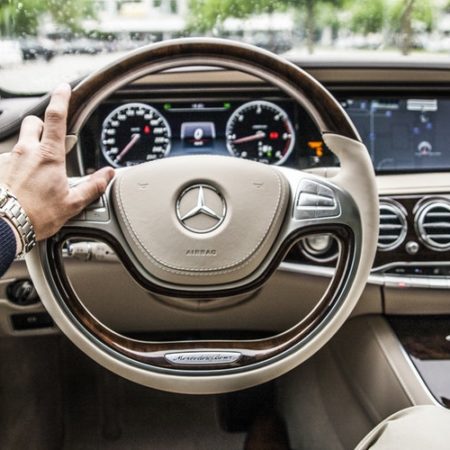Once upon a time, in a part of history not too far away, company cars were all but the norm. They were that way of saying to your employees, “cheers mate, you deserve this for all your hard work and loyalty.” It was something that all those at executive levels half (or fully) expected. But that’s changed recently.
Businesses are finding ways to trim the fat, looking for alternative perks they can hand their hardest workers and enjoying the fact people no longer expect this sort of added extra. Millennials are less fussed about company cars and more hopeful of extra vacation days, in-house gyms and working for a good cause.
However, in a day and age where attracting – and keeping – the best talent is so hard, more and more business leaders are asking themselves the question: should we offer our execs a company car?
Well, to help you answer that question, there are some considerations that you might want to stew over because they all affect your bottom line in some way or another:
1. Reclaiming VAT Misconception
First things first, VAT-registered businesses can (usually) only reclaim half of the VAT they pay on employee company cars that are leased, and they can’t reclaim any of the VAT on cars they’ve bought outright. So you can forget about using this as a tax write-off. That said, there is a little loophole that can be enjoyed and it’s called, “pool cars”. This is where your company cars aren’t allocated to a particular employee but are there to be used by your employees exclusively for business use. That’s why you can reclaim all the VAT – it’s easy to prove it’s exclusively for business use.
2. Capital Allowances Aren’t Simple
A lot of business leaders think you can immediately offset the cost of acquiring a car as a capital allowance. But this is incorrect. Why? Because company cars don’t fall within that cheeky little category known as annual investment allowance. It will need to be written down instead and how much will depend on emissions and whether it’s new or used. For example, used cars with a CO2 emission count of 130g/km or less can be written down at 18% each year, while a new car with emissions of 75g/km or less can be completely written down.
3. The Cost Of A Collision
Roads, by their very concept, are dangerous. It’s total strangers driving at 70 mph toward each other with half a white line to separate them. Accidents are bound to happen… and do happen… all too often. Whether it’s falling asleep at the wheel, distracted driving, a truck incident, driving under the influence, or any number of things, accidents happen, and the cost of them can mount up. Whether you’ve got the training or not, it’s a consideration that needs your attention.
4. Slapped With More Tax
This is a point that needs to be accepted. Yes, it might differ on your region, but if your small business offers company cars to its employees then you might have to pay high rates of insurance contributions on the taxable value of said cars. Oh, and that’s at a rate of almost 14%. It’s a lot.
